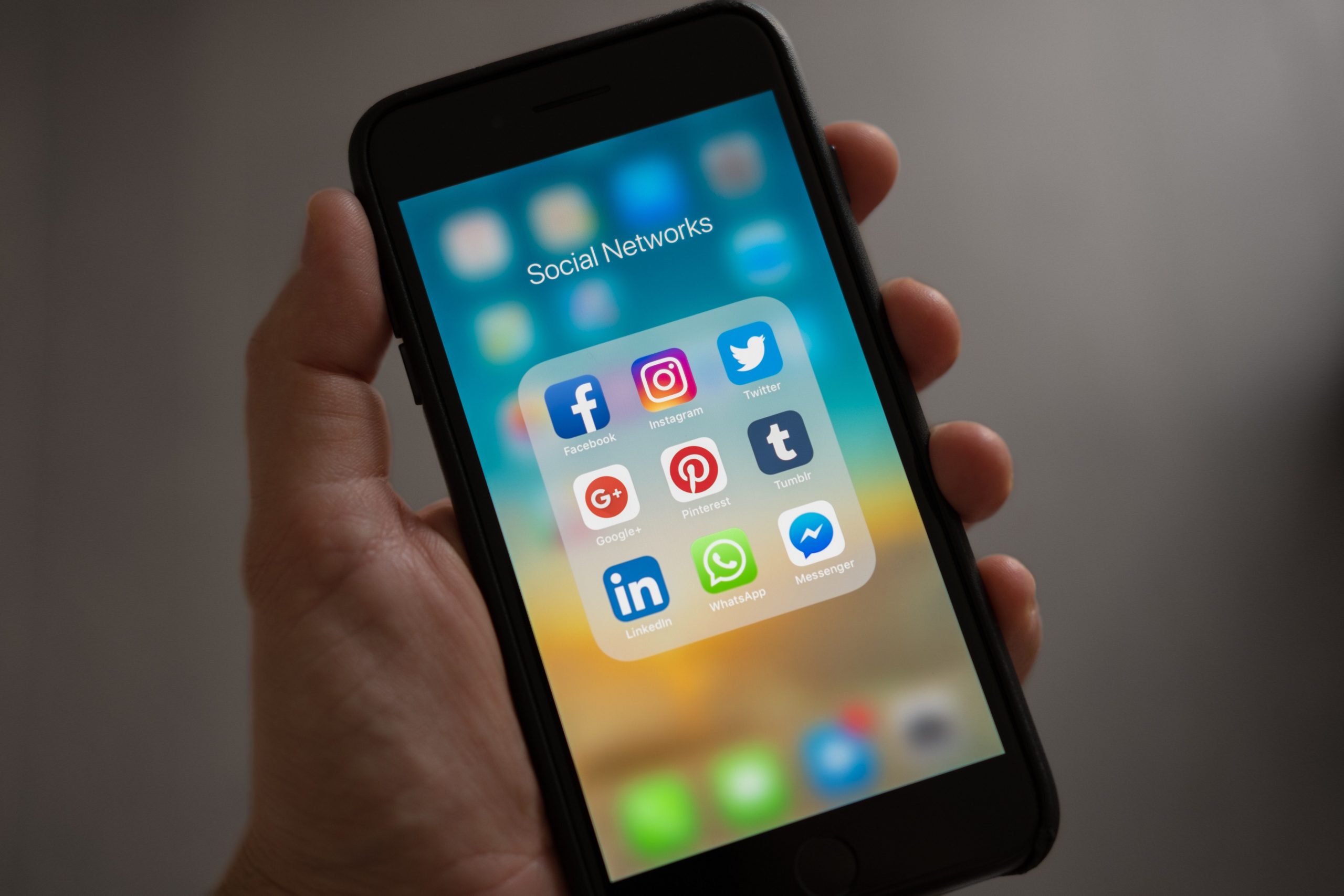The tech giants’ involvement in the legal battle began amid reports of the Israeli company hacking the phones of over 30 Al Jazeera journalists.
Microsoft and Google are among a number of tech giants joining Facebook in a legal battle against Israeli hacking company NSO, Reuters reported.
The companies have filed an amicus brief before the US Court of Appeals for the Ninth Circuit, warning that the Israeli company has been using “powerful, and dangerous” surveillance tools.
According to Reuters, the list included: Microsoft, Alphabet-owned Google, Cisco, Dell Technologies-owned VMWare, and the Washington-based Internet Association.
Al Jazeera recently put NSO under fire after it revealed that its phone-hacking technology was reportedly used to hack three dozen phones belonging to its journalists, producers, anchors, and executives.
In a recent report published on Sunday by Toronto-based software developer Citizen Lab, it was revealed that NSO hacked the phones of 36 of Al Jazeera’s staff as well as a device belonging to a reporter at the London-based Al Araby TV.
According to Citizen Lab’s report, the cyber attack was allegedly ordered by Saudi Arabia and the United Arab Emirates in July/August 2020.
Starting in October 2019, one of the first targets was Tamer Almisshal, an investigative reporter for Al Jazeera who has uncovered several sensitive topics across the Middle East in his show “The Hidden is More Immense”.
Almisshal’s phone would connect to Apple servers first, which would allow it to download the Pegasus spyware onto his phone. The data would then be extracted and sent back to Pegasus servers.
The prominent journalist also began receiving threats and calls from unknown numbers after the release of a trailer to one of his upcoming episodes, prompting him to seek answers from Citizen Lab which installed a VPN on his phone in January.
“My first question was, ‘How?’ I hadn’t clicked on any [suspicious] links. They told me it was zero click, meaning you can receive a phone call through an application on your phone, and even if you don’t reply, just by reaching your phone it can give you spyware,” he told The Guardian.
Spygate: how the UAE and Saudi are using spyware to silence journalists
The Al Jazeera investigative reporter told the Guardian on Monday that the messages he received from different applications included murder threats, saying that he would see the same fate as slain Saudi journalist, Jamal Khashoggi, who was killed in 2018.
NSO’s spyware was also reportedly linked to Khashoggi, who was murdered and dismembered in the Saudi consulate in Istanbul for allegedly criticising the Saudi government.
Khashoggi’s friend, dissident video blogger Omar Abdulaziz, repeatedly argued that the government, which was accused of the murder, used the former journalist’s WhatsApp messages that consequentially led to his death.
According to Reuters, NSO denied hacking Khashoggi’s phone and did not provide any comment on whether its technology was used to spy on those linked to the Saudi journalist.
Reports stated that the software cannot only extract information but it can also be used to record audio from the microphone, including both ambient “hot mic” recording and audio of encrypted phone calls. The software can also take pictures and track device location, access passwords and stored credentials.
In a statement about the Al Jazeera hack, NSO Group said it was “not familiar with the allegations” and that they “take all necessary steps in accordance with our product misuse investigation procedure to review the allegations”.
Previous legal action
This would not be the first time companies take legal action against NSO.
Last year, WhatsApp, which is owned by Facebook, filed a lawsuit against the spy company after it revealed that it had exploited a bug in the popular messaging app to surveil more than 1,400 people around the world.
Responding to the previous accusation, NSO stated that it should be covered by sovereign immunity, a legal doctrine that grants it governmental protection from lawsuits, as it is a surveillance company that sells digital break-in tools to police and spy agencies.
But this defence was not strong enough and led to NSO’s loss in the legal battle after the Northern District of California dismissed their pleas in July. NSO later appealed to the Ninth Circuit to have the ruling overturned.
In the latest legal move, the companies stated that awarding sovereign immunity to NSO would provide hacking technologies with the space to flourish while also enabling “more foreign governments” to use “powerful and dangerous cyber surveillance tools.”
Attacks on Al Jazeera
Launched in 1996, Al Jazeera is a network that rose to prominence for its critical stance towards Arab leaders and its independent reporting.
As a result, it has always been a thorn in the side of Saudi, Egyptian, Emirati and other Arab governments. Long been hailed as a bastion of free speech in the Middle East, the broadcaster has always been a target for authoritarian regimes.
Read also: Al Jazeera journalist files lawsuit against Saudi, UAE crown princes
In 2017, Saudi, UAE, Bahrain and Egypt announced the illegal blockade on Qatar, severing all diplomatic relations with the latter. The quartet issued a list of 13 demands that would bring an end to the blockade, with one of them being the shutting down of the global Qatar-based broadcaster.
Since then, the Qatar-based news organisation has been under attack.
Including the latest spying mission, there are now at least 50 publicly known cases of journalists and others in media targeted with NSO spyware.
Follow Doha News on Twitter, Instagram, Facebook and Youtube







